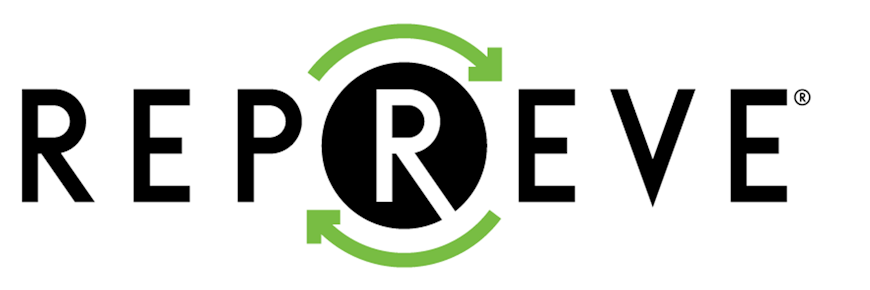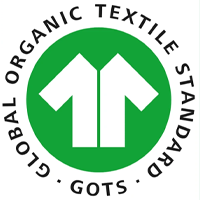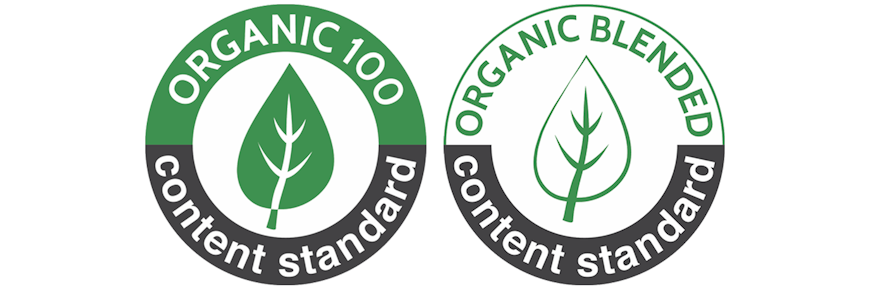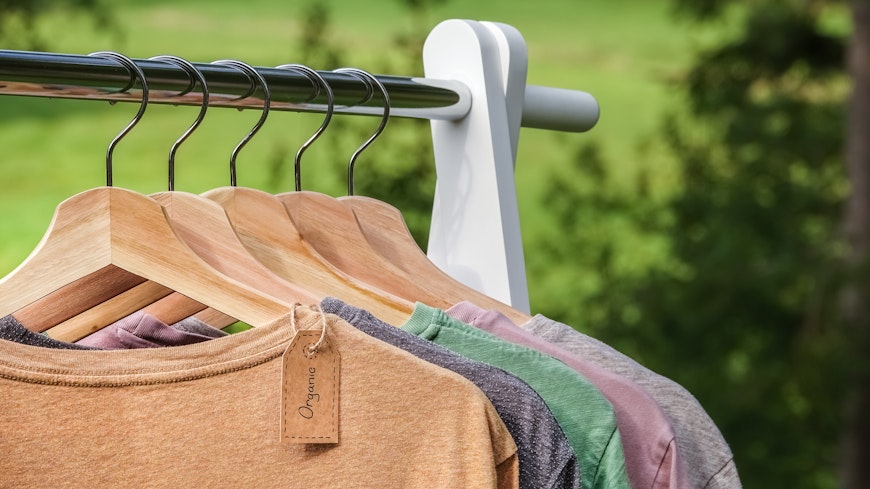
By Antoinette Spicer
Former Research Writer | Kaituhi Rangahau
Fashion retailers are increasingly keen to tout their collections as “sustainably sourced”, made from “recycled materials” or “certified organic”. But if you’re after “planet conscious” clothing, how can you tell whether you’re getting the real deal?
We take you down the catwalk of label claims and tell you what they mean.
Better Cotton Initiative

Browse the clothing aisles of Kmart or The Warehouse and you’ll spot clothing with “Better Cotton Initiative” (BCI) tags.
What is it? BCI was established in 2009 and is promoted as the “largest cotton sustainability programme in the world”. It licenses cotton farmers who comply with its environmental, labour and management standards.
What the label means: If you see a BCI tag on a garment, it doesn’t necessarily mean the fabric was made from sustainably grown cotton.
Retailers only need to buy 10 percent of their cotton from BCI-certified sources and “commit” to sourcing at least 50 percent within five years. So, any BCI cotton in your T-shirt may also be mixed with the ordinary stuff.
The scheme also uses what’s called a “mass balance” system: this means a company can pay for one tonne of BCI cotton and mix it with a tonne of non-certified. All or none of that BCI cotton may end up in your tee.
Retailers putting BCI claims on their products are required to make it clear the cotton isn’t physically traceable to a licensed farm. However, we found that’s not always the case.
What we found: Kmart’s website claimed “100%” of its cotton was “sustainably sourced” in a way “that respects and cares for our planet and the people who produce [it]”. Kmart sustainable materials manager Lucy King said it sourced about 95 percent of its cotton under BCI rules and the rest was organic or recycled.
However, Kmart’s product pages didn’t make it clear that BCI garments could contain non-certified cotton. The store agreed to add this information.
Labour concerns: BCI has recently come under flak for other reasons. In October 2020, a review it instigated of its standard system found there was "organisational blindness" to forced labour risks on cotton farms in the Xinjiang Uyghur Autonomous Region of China, an area widely linked to human rights abuses.
Following the review, BCI announced it had “ceased all operations in the region”. However, it declined to confirm whether this will remain the case.
Global Recycled Standard
Several retailers we visited, including Glassons, had garments with claims the fabric was certified by the Global Recycled Standard (GRS).
What is it? The GRS is a key certification for clothing containing recycled fibre content. It’s run by the US-based Textile Exchange.
What the label means: A GRS label means at least 50 percent of the garment is made from recycled content.
Retailers using GRS labels on products must get approval from a certification body. Labels must show the percentage and type of recycled content, as well as a GRS licence number. Consumers can check a product is certified by entering this number in the scheme’s database.
However, we found some retailers weren’t providing this information.
What we found: Maggie Marilyn and Ruby advertised clothing made from GRS-certified fabric. While the material was sourced from a GRS-accredited supplier, the garments weren’t manufactured in a certified factory.
GRS rules mean retailers can’t use the scheme’s name to promote products unless the factory where the clothing’s made is certified. That’s to ensure garments can be tracked through the supply chain and you’re getting the genuine article. All stores agreed to remove their GRS claims.
Glassons and Juliette Hogan advertised clothing made from “GRS certified” fabrics but didn’t include a licence number.
The clothing was made in a GRS-certified factory, but the retailers hadn’t obtained approval for their claims.
Glassons chief executive officer Stuart Duncan said it had now got approval and would amend its labels.
Juliette Hogan removed its claims.
Repreve

Various big name brands, such as Kathmandu, promote Repreve garments.
What is it? Repreve turns used plastic bottles into recycled polyester. It was set up in 2007 by global textile company Unifi.
However, it doesn’t set specific labelling rules and it’s hard to check whether a company is certified. Repreve has an online database where companies selling certified clothing can register but it’s voluntary to do so.
Repreve promotes recycled polyester as a better option than virgin polyester. However, the big downside is that even the recycled stuff releases microplastics.
“Recycled polyester textiles are still just polyester,” Dr Olga Pantos, a microplastics expert at the Institute of Environmental Science and Research, said.
“They wear through use and washing, [and plastic] fibres will be lost,” she said.
Dr Pantos believes recycled polyester clothing is “really only sustainable if people keep using [plastic] PET bottles, and that is another use of plastic we need to reduce”.
Polyester isn’t “infinitely recyclable as each time it is recycled it does reduce in quality”, she said.
A 2019 report from crown research institute Scion found 16 percent of microparticles in Auckland’s beaches and waterways were PET.
Global Organic Textile Standard

What is it? The Global Organic Textile Standard (GOTS) has been around since 2006. It certifies fabric made from fibres produced in organic farming systems.
What the label means: There are two GOTS logos:
GOTS Organic requires a product to be made from at least 95 percent organic fibres.
GOTS Made with Organic requires at least 70 percent organic fibre content.
Product labels must include the GOTS licence number. Retailers can only refer to GOTS if the product supply chain is certified and it must be approved by a certification body. Consumers can check licence numbers in the GOTS supplier database.
What we found: At three different fashion labels, we found garments advertised as GOTS certified. However, no licence numbers were given.
Kate Sylvester touted several t-shirts as “100 percent organic cotton GOTS certified”.
One of the t-shirts advertised was made in collaboration with Mindful Fashion New Zealand. While the fibre and yarn were purchased from GOTS suppliers, it was ribbed, cut and manufactured in facilities that did not have accreditation.
The remainder of the shirts had been purchased as blank finished products from a GOTS supplier, but had designs printed onto them in a non-accredited facility.
Under the scheme’s rules, retailers can’t claim a product is certified unless it’s been made in an accredited factory.
Maggie Marilyn said the fabric it used in its garments was sourced from a GOTS-certified supplier. However, the garments weren’t manufactured in certified factories.
The website of fashion brand Karen Walker stated 49 percent of the retailer’s clothing line was made from GOTS-certified cotton. However, a spokesperson admitted it didn't have approval to make GOTS claims.
All three retailers agreed to remove the claims.
In 2020, GOTS received 200 complaints about companies claiming certification (mainly in Germany and the US). It sued five traders and issued 22 warning letters.
Labour concerns: Two linen garments at Maggie Marilyn stated the fibre was grown in Xinjiang, China, and GOTS-certified.
Maggie Marilyn said it’s stopped importing products from Xinjiang as it can’t be sure its supplier isn’t “associated with coerced labour of ethnic minorities” in the region. The retailer said it has since found another linen supplier.
Organic Content Standard

What is it? The Organic Content Standard (OCS) is also owned by the Textile Exchange.
What the label means: There are two OCS labels:
OCS Blended only requires a product to have a minimum of five percent organic fibre.
OCS 100 requires a minimum of 95 percent organic fibre content.
Retailers selling OCS-certified products must show the percentage of certified content and a licence number. Labelling must be approved by a certification body. Consumers can verify a product is certified by entering the licence number in the OCS database.
What we found: Retail giant H&M boasted on its website that almost all its “newborn garments are 100% organic” and either OCS or GOTS certified. When we asked H&M to provide licence numbers and its transaction certificates, it refused. It subsequently removed its GOTS claims.
“We’re working with accredited certification bodies to ensure that the cotton used for our products fulfills the strict requirements,” a spokesperson said.
Glassons also advertised products made from materials certified by OCS or GOTS. However, clothing labels didn’t show a licence number. Glassons chief executive officer Stuart Duncan said “the labelling of goods is very complex", and he agreed that "the consumer should not be misled”. He said the store was in the process of amending the labels.

How can you tell whether you’re getting the real deal?
Our advice
The best way to protect yourself against “green” marketing hype is to look for precise claims and evidence backing them up.
If a retailer is claiming to be selling certified products, ask for details – such as the certification licence number. Check the relevant scheme’s database (if it has one).
If you think the company’s claim is misleading, make a complaint to the Commerce Commission. Let us know too.
